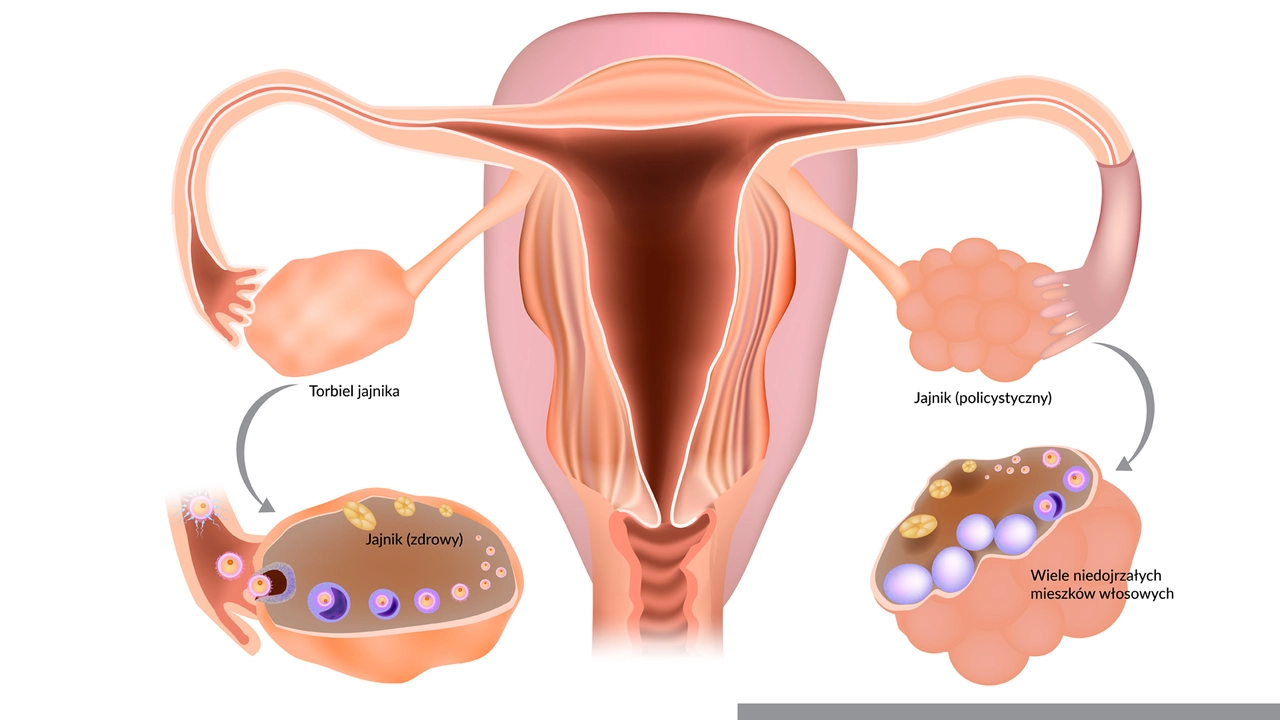November 2023 Archive – Eplerenone for PCOS Treatment
Welcome back! If you’ve been following our blog, you know we love digging into real health questions. This month’s spotlight is on a drug that doesn’t get much buzz in the PCOS crowd: eplerenone. We’ll break down why it matters, how it works, and what you should think about before trying it.
How Eplerenone Works
Eplerenone belongs to a class called mineralocorticoid receptor antagonists. In plain terms, it blocks a hormone called aldosterone that can cause fluid retention and high blood pressure. Women with PCOS often have higher levels of aldosterone, which can worsen insulin resistance and make weight management tougher. By keeping aldosterone in check, eplerenone helps lower blood pressure and may improve the body’s response to insulin.
Studies from 2022‑23 that looked at women with PCOS showed a modest drop in systolic blood pressure after eight weeks of taking eplerenone 50 mg daily. More interestingly, those same participants reported fewer cravings for salty foods and felt less bloated. While the drug isn’t a cure for PCOS, it tackles two common pain points: hypertension and fluid overload.
What Patients Should Know
If you’re thinking about adding eplerenone to your regimen, talk to a healthcare professional first. The medication is prescription‑only, and doctors will usually check kidney function before starting. Common side effects are mild—headache, dizziness, or a slight increase in potassium levels. That last one can be serious if you’re already taking supplements high in potassium.
Dosage typically starts at 25 mg once daily, then may be increased to 50 mg based on how you respond. Most people notice changes within three to four weeks, but patience is key because hormonal balance shifts slowly. Pairing eplerenone with a balanced diet, regular exercise, and possibly other PCOS meds like metformin can give the best results.
Remember, eplerenone isn’t a standalone fix for everything PCOS throws at you. It’s one tool in a larger toolbox that includes lifestyle changes, hormone‑balancing pills, and sometimes fertility treatments. Keep an eye on your blood pressure readings and any new symptoms, and keep the conversation open with your doctor.
To sum it up, eplerenone offers a practical way to manage some of the cardiovascular and fluid‑related challenges of PCOS. It’s not a magic bullet, but for women who struggle with high blood pressure or stubborn water weight, it can be worth exploring. Stay curious, stay informed, and let us know how your journey goes.



